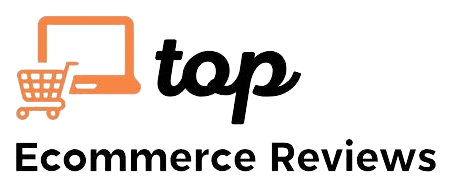E-commerce Marketing Tools: Power Up Your Online Store for Success
In today’s competitive e-commerce landscape, standing out from the crowd requires a strategic approach. E-commerce marketing tools are your secret weapons, helping you reach new customers, nurture leads, and ultimately drive sales. But with a vast array of options available, choosing the right tools can feel overwhelming. This guide equips you with the knowledge to navigate the world of e-commerce marketing tools, identify the perfect fit for your business, and discover how leading companies leverage them for success.
Essential E-commerce Marketing Tools:
- Email Marketing: Tools like Mailchimp, Constant Contact, and Klaviyo allow you to create targeted email campaigns, send personalized messages, and automate email sequences.
- Social Media Marketing: Platforms like Facebook Ads Manager, Instagram Business Center, and Hootsuite empower you to manage social media presence, schedule posts, and run targeted ad campaigns.
- Search Engine Optimization (SEO): Tools like Ahrefs, SEMrush, and Moz help you optimize your website for search engines, increasing organic traffic and visibility.
- Content Marketing: Platforms like Canva and HubSpot Marketing Hub facilitate content creation, from blog posts and infographics to social media graphics and email newsletters.
- Analytics & Reporting: Tools like Google Analytics and Adobe Analytics provide valuable insights into website traffic, customer behavior, and campaign performance.
- Customer Relationship Management (CRM): Platforms like Salesforce and Zoho CRM help you manage customer interactions, personalize experiences, and build stronger relationships.
Choosing the Right Tools for Your Business:
The ideal e-commerce marketing toolbox depends on your specific needs and budget. Consider the following factors when selecting tools:
- Business Size and Stage: Startups might opt for free or freemium plans, while established businesses may require more advanced features offered by paid tools.
- Industry and Target Audience: Tailor your tools to your industry and target demographics.
- Marketing Goals: Are you aiming to increase brand awareness, drive conversions, or improve customer retention? Choose tools that align with your objectives.
- Budget: Set a realistic budget for your marketing tools and consider the return on investment (ROI) potential.
Examples of Companies Using Marketing Tools Effectively:
- Dollar Shave Club (Email Marketing): Dollar Shave Club leverages email marketing to nurture leads with engaging content, exclusive offers, and a humorous brand voice, fostering customer loyalty and repeat business.
- Glossier (Social Media Marketing): Glossier utilizes social media effectively, creating a strong brand community through relatable content, influencer marketing, and user-generated content campaigns.
- SEOmoz (Content Marketing): SEOmoz establishes itself as an industry leader by consistently publishing high-quality content like blog posts, webinars, and white papers, attracting organic traffic and building brand authority.
- Sephora (Customer Relationship Management): Sephora personalizes the customer experience through its CRM system, recommending products based on purchase history and offering loyalty rewards programs.
In Conclusion:
E-commerce marketing tools are indispensable for online businesses aiming to thrive in today’s competitive market. By understanding the available tools, selecting the ones that best suit your needs, and drawing inspiration from successful companies’ strategies, you can craft a winning e-commerce marketing strategy that attracts customers, drives sales, and propels your online store towards long-term success. Remember, the most effective marketing toolset is one that aligns with your specific business goals and is continuously optimized based on data and results.




